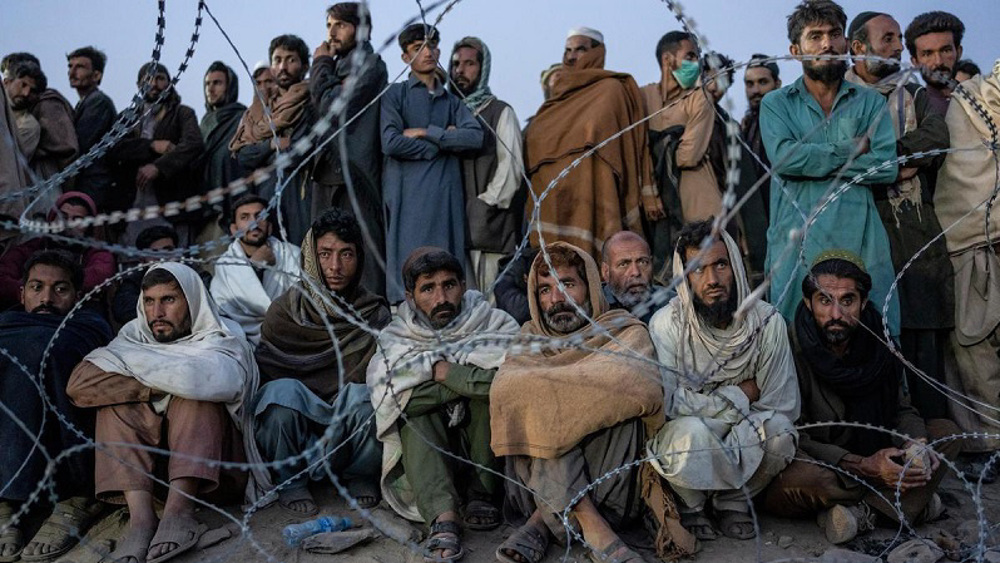Red Cross to scale down humanitarian efforts in Afghanistan
The International Committee of the Red Cross has decided to “drastically” reduce the number of its relief workers in Afghanistan after seven of its employees were killed in attacks earlier this year.
The humanitarian organization said on Monday the decision was prompted by growing dangers facing its aid workers, who have increasingly fallen victim to militancy in Afghanistan over the past years.
“We have no choice but to drastically reduce our presence and activities in Afghanistan,” Monica Zanarelli, the ICRC head in Afghanistan, told reporters.
“Exposure to risk has become our greater challenge in Afghanistan, and we know that zero risk doesn’t exist and we are not aiming at that, but our security has to be guaranteed by every party,” she said.
The humanitarian group will close its facilities in the northern city of Maimana, the capital of Faryab Province, and in Kunduz Province, also in the north and a hotbed of Taliban militant activity.
Red Cross operations in the northern city of Mazar-i-Sharif will also be scaled back.
The group has suffered a series of deadly attacks in northern Afghanistan, where Taliban and Daesh militants have intensified their assaults on police and troops.
In February, six ICRC employees were killed when their convoy came under militant attack in the northern province of Jowzjan.
Two of their colleagues were abducted in a separate incident and only released by their captors last month.
No group claimed responsibility for the abduction or killings, but Jowzjan police have blamed Daesh affiliates for the incidents.
In the most recent attack, a Spanish physiotherapist working for the ICRC in northern Afghanistan was shot and killed last month by a wheelchair-bound patient.
Lorena Enebral Perez, 38, was shot inside the aid group’s rehabilitation center in Mazar-i-Sharif, where she treated disabled children, women and men including amputees.
The ICRC has around 1,800 staff, including 120 international aid workers, in Afghanistan, who help wounded and disabled people, support hospitals, make prison visits and assist prisoners to maintain contact with their families.
In many areas like in northern Afghanistan, it is the only international organization providing such services.
“We understand the consequences to stop our activities in the north, but we have no choice,” Zanarelli added.
She said the organization was not leaving Afghanistan but seeks to prevent more losses.
Afghanistan was invaded by foreign forces led by the United States 16 years ago.
The US-led forces toppled the then-Taliban regime, but they have failed to stop the group’s militant activities in the country to this day.
The Middle East-based Daesh terror group has also taken advantage of the chaos in Afghanistan to gain a foothold in the country’s east.
Behind the riots: Israel-Pahlavi nexus and the delusion of ‘regime change’ in Iran
President calls on citizens not to let ‘rioters and terrorists’ destabilize Iran
VIDEO | UK protesters rail against US attack on Venezuela
VIDEO | Austrians call for release of imprisoned Palestinian journalist
VIDEO | Riots and hybrid warfare against Iran
Defeated at war, enemy opens new front: Unpacking foreign-backed riots in Iran
VIDEO | Press TV's news headlines
Israel plans to expel Gaza Palestinians to Somaliland: Somali minister










 This makes it easy to access the Press TV website
This makes it easy to access the Press TV website